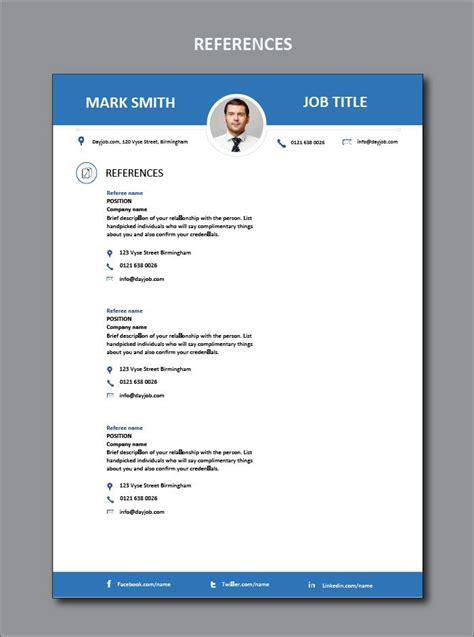Introduction
The O-Level, short for Ordinary Level, is a national examination taken by students in Singapore at the end of their secondary education. It is a standardized test that assesses students’ knowledge and skills in various academic subjects. The O-Level results are used to determine students’ eligibility for admission to higher education institutions, such as polytechnics and junior colleges.

Key Facts About O-Level
- Number of Subjects: Students typically take between 6 to 8 O-Level subjects.
- Subjects Offered: There are over 30 O-Level subjects offered, including English, Mathematics, Science, Humanities, and Languages.
- Exam Format: O-Level exams are typically written exams, with some subjects also including oral or practical components.
- Grading System: O-Level grades range from A1 to F9, with A1 being the highest grade.
- Passing Grade: A grade of C6 or better is considered a pass.
- Number of Candidates: Over 30,000 students take the O-Level examinations each year.
- Examination Authority: The O-Level examination is administered by the Singapore Examinations and Assessment Board (SEAB).
How O-Level is Used
The O-Level results are primarily used for the following purposes:
- Admission to Post-Secondary Institutions: O-Level grades are the main criterion for admission to polytechnics and junior colleges.
- Career Progression: O-Level qualifications can open up job opportunities in various industries.
- International Recognition: The O-Level is recognized by many international universities and institutions.
Subjects Offered and Their Importance
The following table shows the most popular O-Level subjects and their importance:
| Subject | Importance |
|---|---|
| English | Required for most post-secondary institutions and essential for communication skills. |
| Mathematics | Essential for scientific and technical fields, as well as for problem-solving skills. |
| Science (e.g., Physics, Chemistry, Biology) | Important for understanding the natural world and for careers in science and medicine. |
| Humanities (e.g., History, Geography, Literature) | Provides knowledge about human culture and society, and develops critical thinking skills. |
| Languages | Enables communication with people from other cultures and opens up opportunities for travel and employment. |
Choosing the Right O-Level Subjects
When choosing O-Level subjects, students should consider the following factors:
- Interest: Choose subjects that you enjoy and are interested in learning about.
- Career Goals: Consider the subjects that are necessary for your desired career path.
- Strengths and Weaknesses: Choose subjects that you are good at and that you are confident in passing.
- Post-Secondary Education Plans: Consider the subjects that are required for admission to your chosen post-secondary institution.
Common Mistakes to Avoid
- Not Preparing Early: Start preparing for the O-Level exams well in advance to avoid last-minute stress.
- Not Practicing Regularly: Practice solving past papers and completing mock exams to improve your confidence.
- Ignoring Weaknesses: Don’t focus only on your strengths; address your weaknesses by seeking help from teachers or tutors.
- Cramming: Avoid cramming at the last minute; spread out your study time over several months.
- Not Getting Enough Sleep: Sleep is essential for memory consolidation; aim to get 7-9 hours of sleep each night before the exams.
Frequently Asked Questions
1. When is the O-Level examination held?
The O-Level examination is held twice a year, in June and November.
2. How long is the O-Level examination period?
The O-Level examination period typically lasts for about 3 weeks.
3. What are the different levels of difficulty for O-Level subjects?
O-Level subjects are offered at two levels of difficulty: Standard and Higher.
4. What is the passing grade for O-Level?
A grade of C6 or better is considered a pass.
5. What is the maximum number of O-Level subjects that a student can take?
Students can take up to a maximum of 8 O-Level subjects.
6. What is the difference between the O-Level and N-Level examinations?
The O-Level examination is more challenging than the N-Level examination, and students who pass the O-Level are eligible for admission to a wider range of post-secondary institutions.
Innovation: Using O-Level Results to Predict Future Success
Recent research has shown that O-Level results can be used to predict students’ future success in higher education and employment. By analyzing patterns in O-Level scores, researchers can identify students who are likely to excel in certain fields. This information can be used to provide personalized guidance to students and help them make informed choices about their future education and career paths.
Conclusion
The O-Level examination is a crucial milestone in the educational journey of Singaporean students. By understanding the importance of the O-Level and making informed choices about subject selection, students can maximize their chances of success in higher education and beyond. With careful preparation and a positive attitude, students can overcome any challenges and achieve their O-Level goals.
















